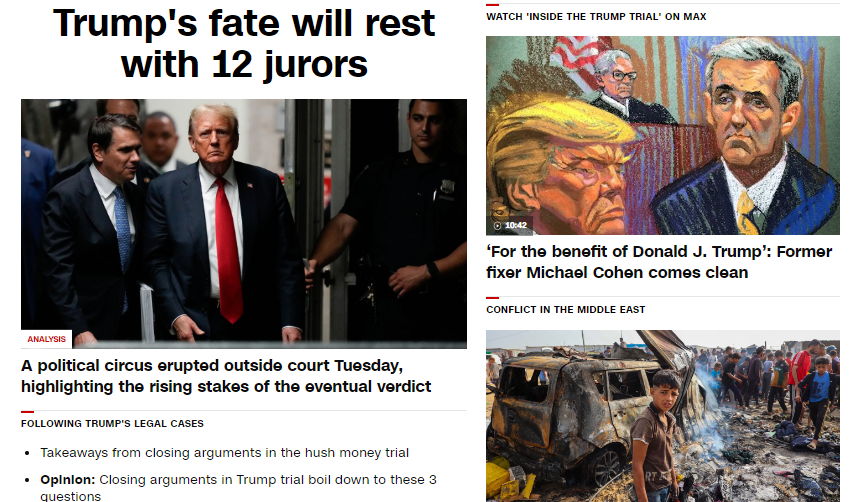Lying is a disease
Another reason which will bring about the cessation of those practices and modes of living and desiring which account for these diseases is one little recognized as yet; it was referred to by the Christ when He spoke of the time when nothing secret would remain hidden and when all secrets would be shouted aloud from the housetops. The growth of telepathic registration and of the psychic powers such as clairvoyance and clairaudience will eventually tend to strip humanity of the privacy in which to sin. The powers whereby the Masters and the higher initiates can ascertain the psychic state and physical condition of humanity, its quality and consciousness, are already beginning to show [Page 237] themselves in advanced humanity. People will sin, commit evil deeds and satisfy inordinate desire, but they will be known to their fellowmen and nothing that they do will be carried out in secret. Some one or some group will be aware of the tendencies in the life of a man, and even of the incidents in which he satisfies some demand of his lower nature, and the fact of this possibility will act as a great deterrent—a far greater deterrent than you can imagine. Man is indeed his brother’s keeper, and the keeping will take the form of knowledge and of “boycott and sanctions”—as it is called today in reference to the penalizing of nations. I would have you ponder on these two modes of treating wrong doing. They will be practically automatically applied as a matter of good taste, right feeling and helpful intention by individuals and groups to other individuals and groups, and in this way crime and the tendency to evil doing will gradually be stamped out. It will be realized that all crime is founded upon some form of disease, or upon a glandular lack or overstimulation, based in turn upon the development or the underdevelopment of some one or other of the centers. An enlightened public opinion—informed as to man’s constitution and aware of the great Law of Cause and Effect—will deal with the criminal through medical means, right environmental conditions, and the penalties of boycott and sanctions. I have no time to enlarge upon these matters, but these suggestions will give you food for thought.
-The Tibetan Master in Esoteric Healing by Alice A. Bailey (Lucis Trust)

The facts of the case are quite clear. Perfectly hiding one’s intention to commit a crime can fool the legal system, but not those with open eyes and ears. May the truth prevail. Let the real G.L.O.A.T. be revealed.
Right Knowledge by Right Inference:
- Observation: Looking out the window at bedtime and seeing no snow in the front yard.
- Subsequent Observation: Waking up in the morning to find the front yard covered in snow.
- Right Inference: Concluding that it snowed overnight, even though you did not witness the snowfall directly.
The Pursuit of Truth and Justice in a Hierarchical Democracy
In an ideal world, the legal system serves as the bedrock of justice, maintaining societal order while safeguarding individual rights. However, the reality often strays from this ideal due to the complexities and imperfections inherent in any human institution. One critical issue that arises within the legal framework is the phenomenon of superior gamesmanship, where strategic maneuvering overshadows the quest for truth. Such behavior is antithetical to the principles of justice, which should prioritize transparency and accountability.
Gamesmanship vs. Transparency and Accountability
Superior gamesmanship in law refers to tactics employed by legal professionals that, while technically within the bounds of legality, obscure the truth and manipulate outcomes. These strategies can range from exploiting procedural loopholes to obscuring evidence to mislead. While these maneuvers might secure a win for a particular side, they do so at the expense of justice. A legal system that permits or even encourages such actions compromises its fundamental mission: to reveal the truth and administer justice impartially.
While the protection of individuals from self-incrimination is a fundamental right, it must not be wielded as a shield to conceal crucial evidence that could sway the course of justice. Concealing evidence in the name of safeguarding individuals runs counter to the principles of transparency and can undermine the very foundation of the legal process. Accountability for wrongdoing reinforces the integrity of the legal process. Without transparency and accountability, the legal system risks becoming a battleground for cunning tactics rather than a forum for fair adjudication.
The Presumption of Innocence and Its Limits
The presumption of innocence is a cornerstone of democratic legal systems, ensuring that individuals are treated as innocent until proven guilty. This principle protects against wrongful convictions and upholds the dignity and rights of the accused. However, it must be balanced carefully. Protecting the presumption of innocence should not result in shielding criminals from justice, thereby eroding public trust and undermining the legal system’s credibility.
In a democratic society, the legal system has a dual responsibility: to protect individual rights and to safeguard the community from those who seek to disrupt its foundations through criminal behavior. When the balance tips too far in favor of protecting the accused at the expense of public safety, the system fails to fulfill its protective role. Ensuring that criminals cannot exploit the presumption of innocence to evade justice is crucial for maintaining social order and public confidence in the legal system.
The Legal System on Trial
Ultimately, when a criminal case is brought before the courts, it is not just the accused who is on trial; the legal system itself undergoes scrutiny. Each case tests the system’s ability to uphold justice, balance competing interests, and maintain its integrity. A failure to protect society from criminal activities, reflects a failure of the system as a whole.
The legal system’s true test lies in its commitment to both revealing the truth and administering justice fairly. This requires constant vigilance, ongoing reforms, and a steadfast dedication to the principles of transparency and accountability. Only by consistently striving to improve can the legal system ensure that it serves its foundational purpose: to provide a fair and just process for all.
Conclusion
In conclusion, the pursuit of justice in the legal system must transcend mere gamesmanship. True justice is achieved through transparency, accountability, and a balance between the presumption of innocence and the protection of society. It is imperative that the legal system continuously evaluates and reforms itself to ensure that truth and justice prevail. By doing so, it not only serves the individuals who come before it but also upholds the very fabric of democracy.
